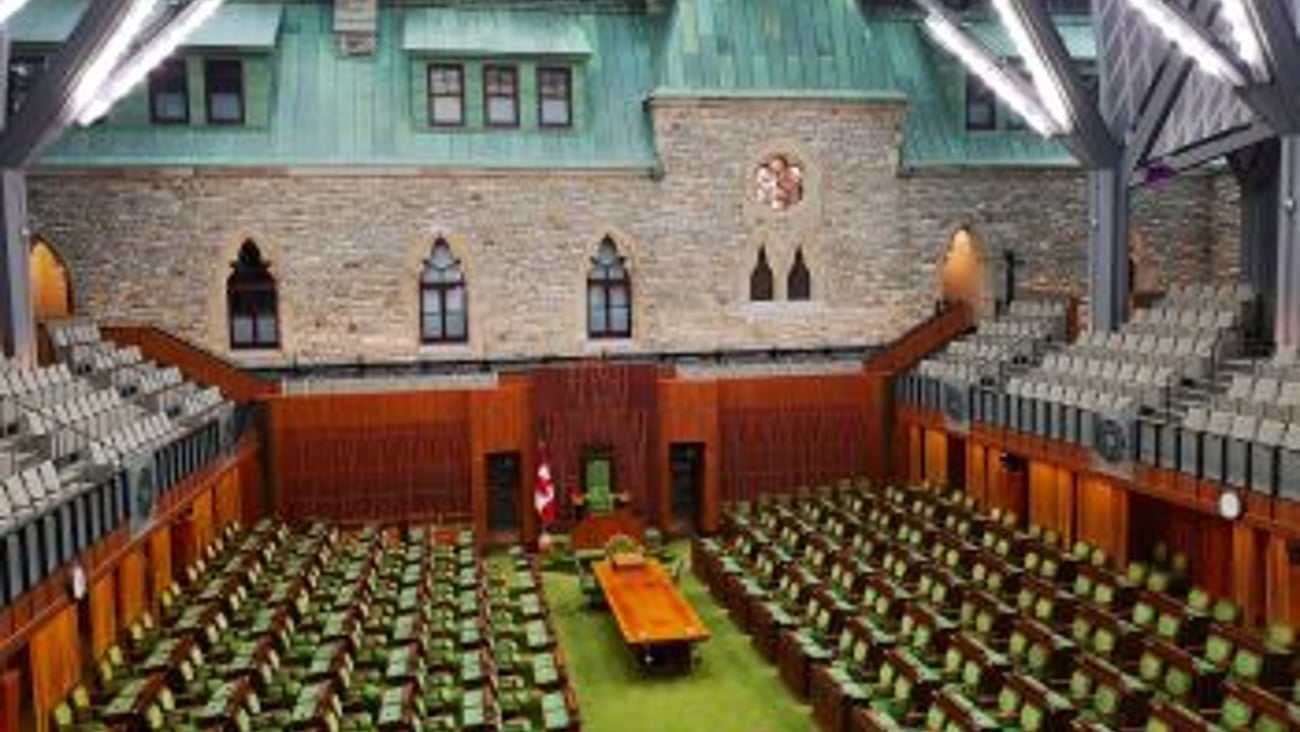Decision Ontario: Advocating for alcohol modernization and cracking down on contraband
Convenience. Choice. Essential. Community. Those are four words that have come to define Ontario’s c-store industry since the last election campaign that saw the Ford Government come to power in 2018.
Reflecting over the past four years, who could have predicted the events that would start to unfold half-way through the provincial government’s mandate? Weathering the ongoing pandemic including subsequent lockdowns, skyrocketing inflation, unprecedented gas prices and an acute labour shortage – welcome to the new normal, circa 2022.
The challenge of change will define the next few years. Our industry has already weathered its share of challenges during the pandemic, including a decrease in sales due to fewer commuters during lockdowns combined with increasing costs.
Innovation and diversification are key to our industry’s success in the future. But we need governments to work with us to ensure that we can not only survive but thrive as we continue to support communities in every corner of the province.
As the industry’s strong voice and chief advocate, we are working with all political parties during this election campaign to ensure that the newly elected government on June 2, gets down to work to help Ontario’s convenience industry starting June 3.
At the beginning of the campaign, I wrote to each of the leaders of the three main political parties, reminding them of our significant economic footprint, and asking them what they would do to help our industry on two key issues:
- Enabling convenience stores in the province to sell beverage alcohol
- Demonstrate leadership and take immediate action, including making the necessary investments to clamp down on the sale of contraband tobacco
Letters can be found at these links. Liberal, NDP, PC.
Beverage alcohol
Doug Ford made the campaign pledge to enable the sale of beverage alcohol in our channel during the last election campaign in 2018. There is no doubt that the pandemic interrupted our hard work as the government focused on pressing issues like healthcare.
We always knew that the Ford government’s promise to allow beer and wine to be sold in convenience stores would be challenging to implement One challenge was the previous Liberal government’s stringent agreement with the owners of the Beer Store in 2015, which isn’t set to expire until 2026.
Our members are unanimous in their agreement that that is too long to wait. Modernizing beverage alcohol as soon as possible is a necessity for our channel to remain viable in the province. Not only would it enable us to diversify our product mix, it would increase the average basket size of each customer.
And all we have to do is to look at our most recent State of the Industry (SOI) report for proof. Last year, the third top selling product category in Canadian convenience stores was beer. That’s amazing considering the data only reported sales in one province, Quebec.
Our own internal economic data conducted by Cascadia Partners reveals that expanding beverage alcohol sales to our stores would generate upwards of 8,200 new jobs, $180 million in annual wages and add $200 million in annual tax revenues.
That’s a win-win-win scenario for consumers, our industry and the government.
Modernizing Ontario’s archaic retailing of beverage alcohol will continue to be a priority for CICC and we will hold the new government to account on this issue.
Contraband tobacco
While the pandemic created a perfect storm of challenges for Canada’s convenience industry, it also revealed a fast-growing contraband tobacco market.
Due to COVID-19, major manufacturing and distribution centres of illegal tobacco in Ontario and Quebec shut down. Smokers who typically purchased illegal products had no choice but to buy legal, duty-paid cigarettes.
A report prepared by Ernst & Young (EY) on behalf of CICC determined that illicit tobacco trade represents more than 30% of total tobacco products sold in the province. The presence of contraband tobacco is not good for law-abiding retailers, for public health, and particularly for the Ontario treasury. The EY report estimates that contraband costs the provincial treasury upwards of $1 billion annually.
Neighbourhoods across the province count on their local convenience store as a safe and trusted place. By contrast, organized crime doesn’t care about responsible retailing, the community, or the safety of the products they traffic, including cocaine and fentanyl, which are also major public health problems.
We have worked with governments all across Canada on this issue, but Ontario continues to be one of the main hubs for contraband. CICC is advocating for the provincial government to empower municipal law enforcement with the necessary resources and incentives to pursue illegal tobacco manufacturers, sellers and smugglers, while equipping the province’s Contraband Tobacco Enforcement Unit with the necessary tools to take action.
Convenience stores are part of the fabric of Ontario communities – the very essence of how communities and convenience come together. And government has a vested interest in supporting our industry.
A province in which local convenience stores are in peril has a ripple effect. It impacts tourism, it hurts communities, and it reduces the amount of tax dollars collected.
CICC will continue to be your strong voice during this pivotal election campaign and beyond. We’re on the corners of many Ontario communities. It’s time the government was in ours.






